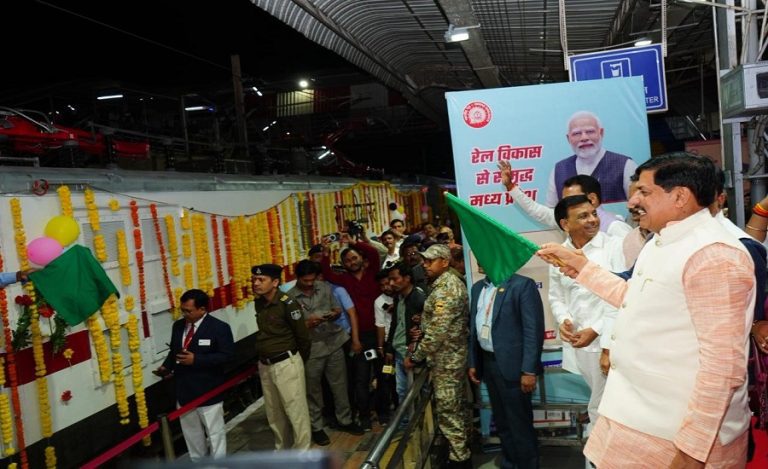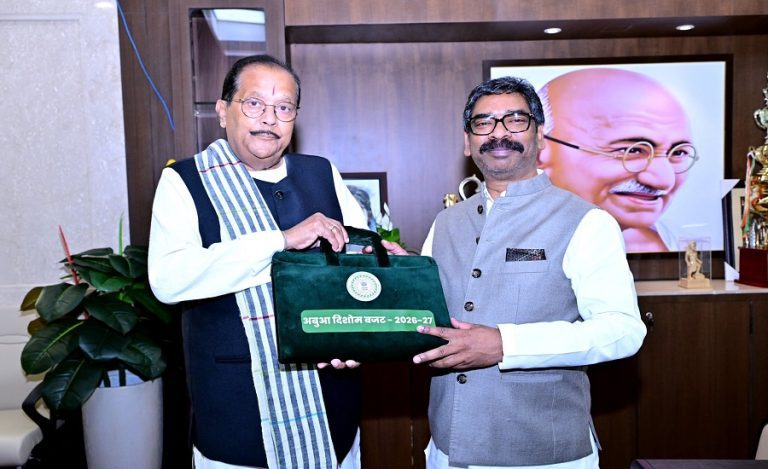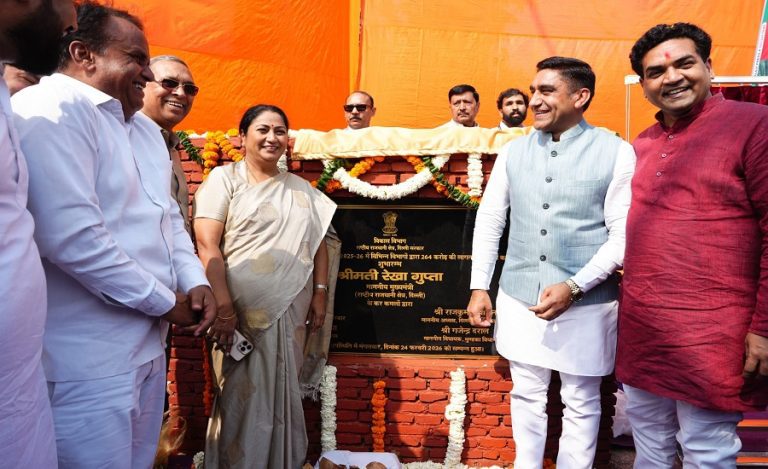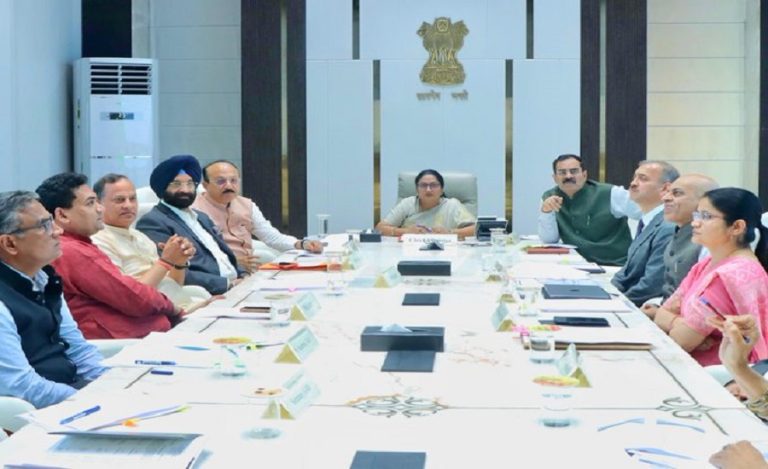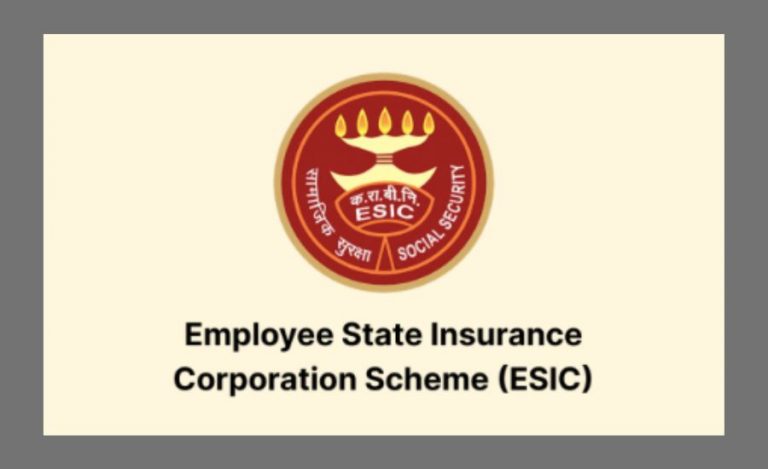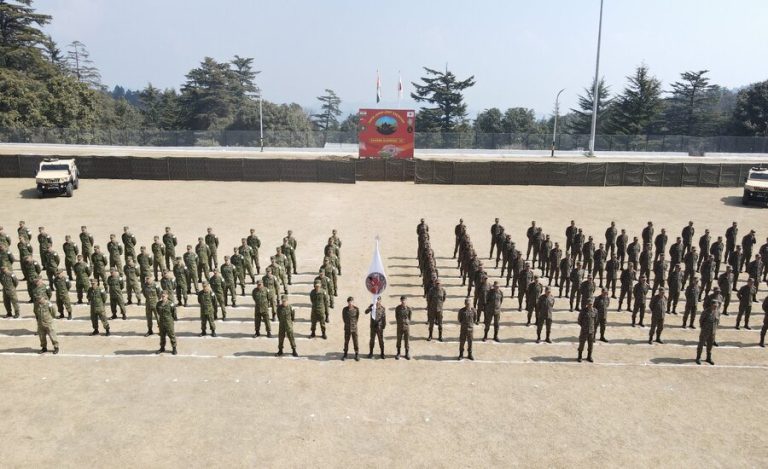New Delhi: In a significant development in the ₹2,000 crore Chhattisgarh liquor scam case, the Supreme Court granted bail to former IAS officer Anil Tuteja (2003 Batch), citing prolonged incarceration as the sole basis for relief. The bench, however, made it clear that the decision was not based on the legal merits of the case.
The bail hearing was conducted before a bench comprising Justice M.M. Sundresh and Justice Nongmeikapam Kotiswar Singh. Senior Advocate Meenakshi Arora, representing Tuteja, argued that her client had already spent nearly 470 days in custody, while all other accused except Tuteja and Anwar Dhebar had been granted bail.
Sharp Remarks from the Bench
While the defence maintained that no recovery had been made despite multiple raids and no court had yet taken cognizance of the case, the bench remained skeptical. Justice Sundresh noted dryly, “That shows how resourceful you are.”
He went on to state firmly, “You will never get bail if we go in merits. The only thing we can consider is the prolonged duration of your incarceration.”
The bench denied a request for an earlier hearing date. In a biting remark, Justice Sundresh responded, “No madam, the jail is easier for people like you,” indicating skepticism about the hardship claimed by high-profile accused.
Also Read: SC Rejects Odisha Cadre IAS Officer Bishnupada Sethi’s Anticipatory Bail in Bribery Case
Allegations, Defence & Legal Context
Tuteja’s counsel asserted that the Enforcement Directorate (ED) had not recovered a single rupee, nor had any sanction been granted to prosecute her client. Arora highlighted that excise officials and distillers—central to the alleged scam—had not even been named as accused. “My client was only involved in policy-making,” she argued.
She also suggested that various linked cases should be heard together to avoid procedural delays. The Court agreed with this proposal in principle and listed the matter for further hearing on September 16, 2025.
Background of the Case
The liquor scam case traces back to a 2022 Income Tax Department charge sheet filed in a Delhi court. According to the ED, officials allegedly collected bribes from distillers in exchange for manipulating liquor case purchases via Chhattisgarh State Marketing Corporation Limited (CSMCL). The ED further alleged that country liquor was sold off the books, while distillers operated as cartels to fix market shares by paying kickbacks.
Previously, on April 8, the Supreme Court had pulled up the ED for improperly filing a writ petition under Article 32, suggesting procedural lapses in the agency’s approach.
With the grant of bail to Anil Tuteja, the Court has added a new dimension to the evolving judicial scrutiny over the high-stakes scam that continues to attract national attention.
Also Read: SC Summons Bihar IPS Officer for Supporting Accused in Affidavit, Calls Conduct “Casual” and “Prejudicial”


